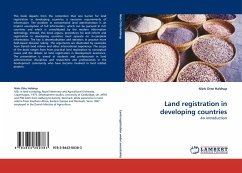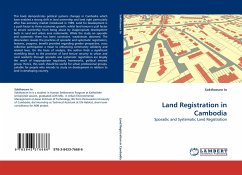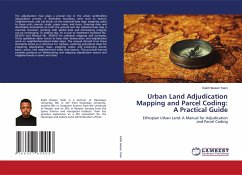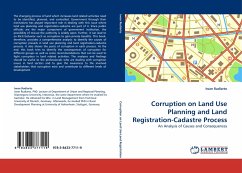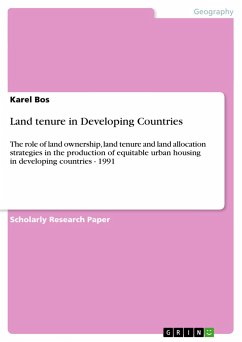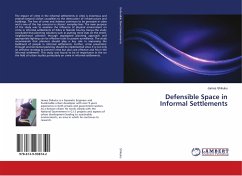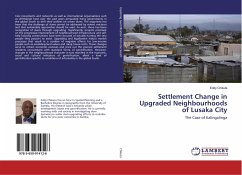This book departs from the contention that one barrier for land registration in developing countries is excessive requirements of information. The problem in conventional land administration is an implicit assumption of full information, which can be pursued in rich countries and which is consolidated by the modern information technology. Instead, this book argues, procedures for land reform and registration in developing countries must operate on in-complete information. The key is decentralisation and iteration; in practice more field-based decision taking. The arguments are illustrated by examples from Danish land reform and other international experience. The scope of the book ranges from from practical land registration to conceptual issues and the debate on land registration in development assistance. The presentation is aimed at students and professionals in land administration disciplines and researchers and professionals in the development community who have become involved in land related projects.
Bitte wählen Sie Ihr Anliegen aus.
Rechnungen
Retourenschein anfordern
Bestellstatus
Storno

